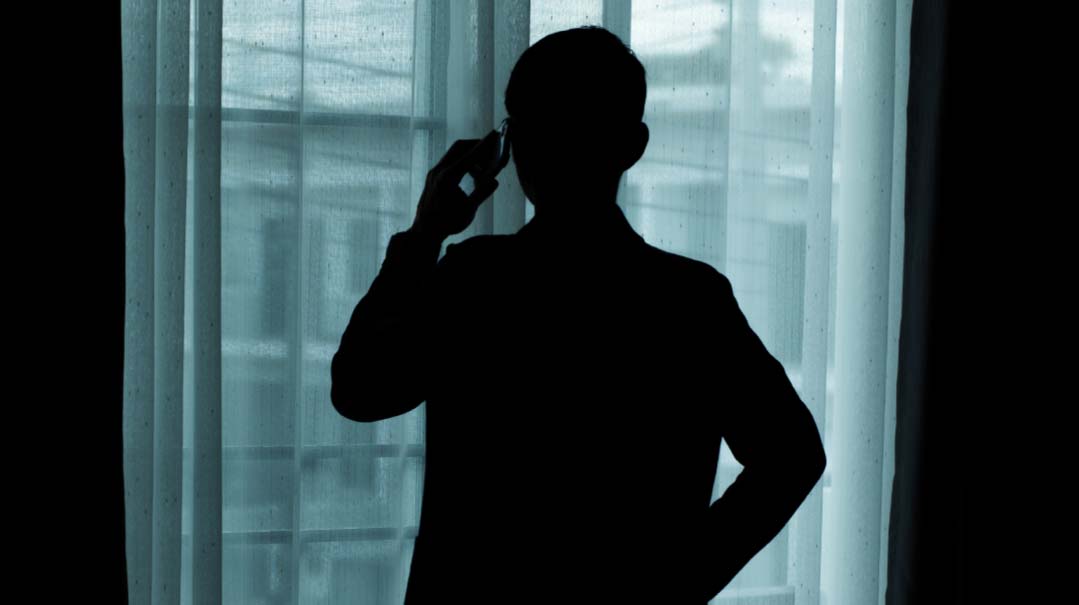Cold Call
| October 26, 2021We could spring our grandson from jail if we’d wire a stash of cash. Sounds like a scam? We thought so, too...until he got on the phone

As told to Cindy Scarr by Lynda Greenberg
"Safti?” The voice of my 22-year-old grandson Ezra came through the phone. “I need your help. I’m in big, big trouble!”
And so began a traumatic experience that would leave me and my husband shaken. It’s a long story, but essential for anyone with kids or grandkids overseas to hear.
Our daughter Dena lives just down the street from us. Her Ezra is the eldest of four, and our first grandchild. He made us grandparents when we were 41, and we have adored him ever since. While some grandparents rarely see their grandchildren, because of our close proximity, we are lucky enough to see our grandkids every Shabbos and a couple of times during the week, too. We are very close.
At the time of this phone call, Ezra had been traveling for three months. He’d already completed two years of college, but when Covid hit and his classes went online, he decided to take a break and visit some countries still open for tourism.
The call came on a Tuesday; Ezra was due to return home to Canada that Friday.
Ezra sounded terrible. He was in Mexico, he told me. He’d gotten sick with a bad cold and fever and didn’t know what to do, so a friend had driven him, in the friend’s brother’s car, to get a Covid test. On the way back, his friend was speeding and they were stopped by the Mexican police, who searched the car and found 15 pounds of marijuana in the trunk. Both Ezra and his friend were arrested. They were now being held in the police station.
At this point, I told my husband Manny to pick up the extension.
Ezra told me that an RCMP officer (one of the famed Canadian “Mounties”) had come from the Canadian embassy to help him. But Ezra was allowed only one phone call, and he figured we were the ones to call as we were the most likely to be able to help in this situation. Why us and not his parents? Because if we wanted him to avoid jail time, we needed to immediately come up with $12,000.
And, per the Mexican police’s instructions, we were forbidden to tell anyone about it.
Yes, yes… I know what you’re thinking: This is clearly a scam! How are this woman’s scam antennae not quivering like crazy?! It’s the same question I’d be asking if I heard this story from someone else.
Oops! We could not locate your form.







